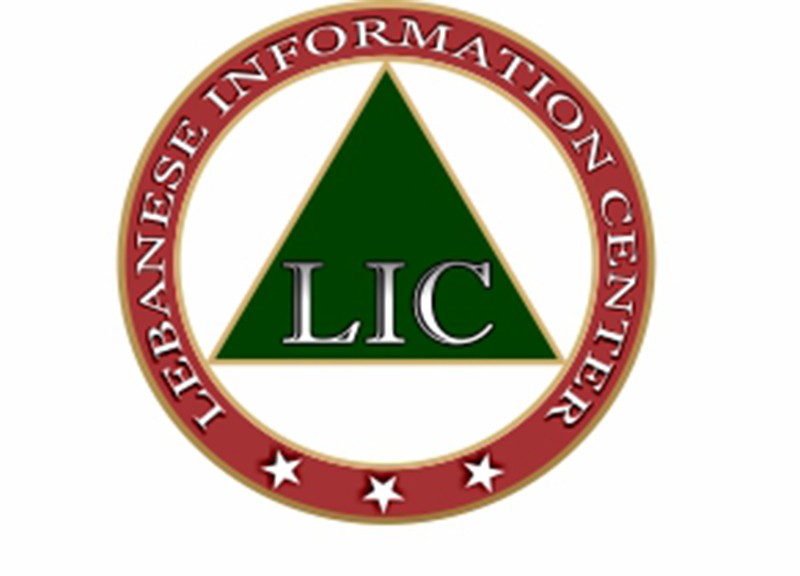
The Lebanese Information Center (LIC) welcomes the formation of a new government in Lebanon, albeit with significant reservations. After several months of delay, the cabinet is far from the so-called “unity government” for which Lebanon’s political blocs had long been calling. Instead, this new cabinet has been molded by the destabilizing dictates of a troubling alliance: the axis formed among Hezbollah, President Michel Aoun, and his son-in-law Foreign Affairs Minister Gibran Bassil.
For nine months, this axis has jockeyed for a government in which the President and his parliamentary bloc would wield veto power with one-third-plus-one of cabinet seats. It has also sought to monopolize the representation of Lebanon’s Christians in the cabinet, chiefly by sidelining the Lebanese Forces Party despite the latter’s parliamentary wins. And, finally, it aimed to hamstring Prime Minister Saad Hariri, who has stood against Hezbollah, by imposing a Sunni allied with Hezbollah onto the share of the government reserved for Sunnis. Regrettably, the trio has largely succeeded in these three aims.
President Aoun’s son-in-law Gebran Bassil is claiming 11 seats out of 30, albeit through counting as part of his share 1 Armenian Tashnag, and 2 pro-Hezbollah members from Talal Arslan’s and Abdel Raheem Murad’s parties; Hariri ended up with 6 ministries counting as part of his share one seat for each of Safadi and Mikati; Hezbollah gained important portfolios including the Ministry of Health which has the largest public services budget and receives aid from the US and international organizations, and has further cemented its influence on the Ministry of Defense, through member of Aoun’s bloc, Defense Minister Elias Abu Saab, a well-known Hezbollah sympathizer. On a positive note, the cabinet has a record-breaking four females, including the Minister of Interior; and the Lebanese Forces Party holds 4 seats, including the Deputy Prime Minister.
Context
This cabinet comes at a particularly concerning time for Lebanon, as the state’s grip on internal and external security appears to be slipping. The Lebanese Army has been expelled from Baalbek, a Hezbollah stronghold. Lebanese troops and the United Nations Interim Mission in Lebanon (UNIFIL) are standing by as Hezbollah continues to expand its military presence along the southern border with Israel. The militant group has dug tunnels across the border in violation of UNSCR 1701, sparking fears of a new and devastating conflict between the two countries. Moreover, the economy is deteriorating, with Moody’s downgrading Lebanon’s credit rating to negative. Public services have seen no improvement despite repeated promises from political leaders, and corruption remains rampant.
Challenges Ahead
Lebanon’s incoming government faces a host of challenges and few reasons to be optimistic. Its first hurdle will be agreeing on a ministerial statement, in which Lebanese governments outline their visions and policies. As usual, Hezbollah and its cronies will insist the statement explicitly grant “the people, the army, and the resistance” - another term for Hezbollah - the prerogative to defend Lebanon. This line effectively grants state cover to Hezbollah’s activities, and with the Hezb’s consolidating power across the country, its inclusion in the ministerial statement will be more dangerous than ever. A second major challenge will be implementing the necessary economic reforms for Lebanon to have access to billions of donors pledged by donors at the Cedre Conference in 2018. If Lebanon is not awarded those funds, its economy - already on the brink - risks falling apart. And finally, Lebanon must provide basic social services to a public whose anger is rising over a lack of clean water, regular electricity, and unpolluted environment.
Recommendations
The LIC is grateful for the United States Government’s political, economic, and military aid to Lebanon, which has amounted to over $5 billion in recent years. To maintain the robust relationship between the US and Lebanon that secures the national interests of both countries, the LIC believes the US is entitled to demand the below from Lebanon’s new government and its most influential figures, namely President Aoun and Minister Bassil:
- Commit to Lebanon’s sovereignty by respecting UNSCR resolutions
- Work on disarming all militias
- Cease empowering and granting state cover to Hezbollah
- Resist pressure by Hezbollah in military and security appointments
- Fight and eradicate corruption
In addition to these demands, the US Government should work more closely with the opponents of the Hezbollah-Aoun-Bassil axis, namely Hariri and the Lebanese Forces Party, which is America’s only reliable ally in Lebanon. The US and its allies must spare no effort to prevent a complete takeover of Lebanon by the aforementioned trio and its regional backers, Iran and Syria. At the same time, the US should work on enforcing Lebanon’s sovereignty through an Israeli withdrawal from Ghajar and assist Lebanon in its border and maritime negotiations with Israel to give Lebanon what is unto Lebanon.














